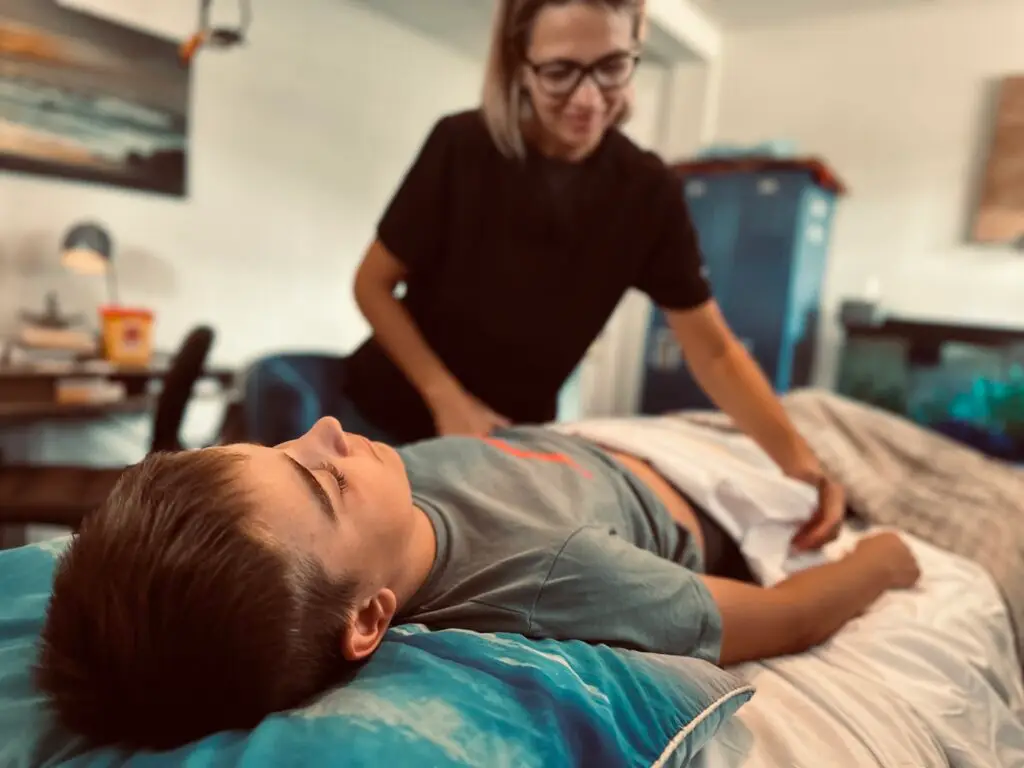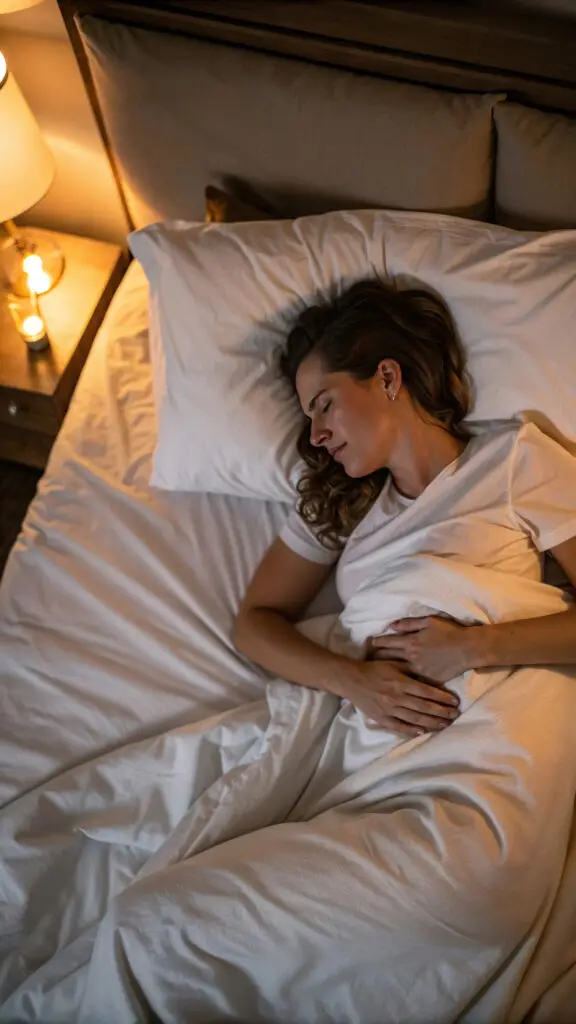


Manage stress, anxiety, insomnia, and emotional well-being with acupuncture.

Improve gut health, IBS, acid reflux, bloating, and digestion-related discomfort.

Address menstrual pain, fertility support, menopause symptoms, and hormonal balance.

Support for conditions like arthritis, joint degeneration, and mobility issues.

Aid in whiplash recovery, muscle pain, nerve damage, and post-trauma rehabilitation.
5-481 Head Street Esquimalt, Victoria, BC, V9A 5S1
Acupuncture effectively treats chronic pain (arthritis, migraines, back pain), stress and anxiety, digestive issues (IBS, bloating), women’s health (hormonal balance, fertility), and nerve conditions (sciatica, neuropathy). It also supports injury recovery, post-surgical healing, and overall wellness. This natural, drug-free therapy restores balance, reduces inflammation, and enhances well-being.